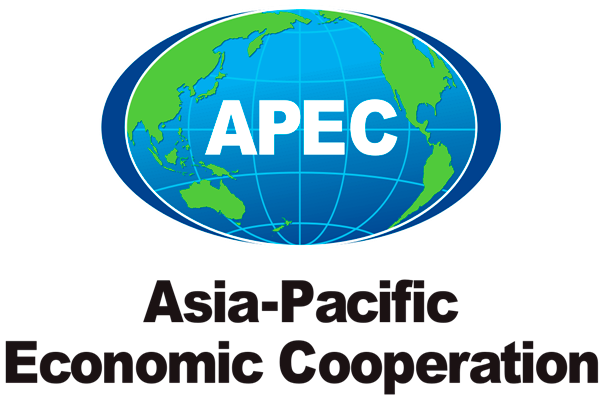KUALA LUMPUR: Structural reforms that improve individual lives by facilitating access to economic opportunities for a wider segment of society can counter slower economic growth in the Asia-Pacific region, according to a new report by the APEC Policy Support Unit.
For example, economies could modernise their financial sector by linking with digital technology that would lead to greater financial inclusion.
“Economies could also prioritise women’s economic empowerment by removing structural barriers to facilitate equal access and equal opportunities, allowing women to contribute fully toward growth and development,” the APEC Regional Trends Analysis report released today said.
It said continued uncertainty related to trade tensions dampened investment and consumer spending in the region in the first half of 2019, resulting in a moderating of growth to 3.6 per cent, according to the November 2019 edition of the report.
In 2018, the APEC region’s economy expanded by 4.3 per cent during the same period.
APEC economies account for 40 per cent of the world’s population and 60 per cent of global GDP.
“This is a moment of opportunity,” said director of the APEC Policy Support Unit Dr Denis Hew.
“More structural reforms can help APEC economies to strengthen their foundations with diverse sources of growth.”
While an easing of trade frictions may improve the region’s outlook for 2020, the first two quarters of this year saw growth of merchandise trade – both in volume and value – to fall flat or contract.
The slowing pace of expansion in the APEC region is expected to continue through 2020, in tandem with the global economic outlook.
Household spending remains a key driver of growth, but consumption is slowing along with investment and trade, which helped the regional economy to nearly triple in size in three decades, he said.
The report, entitled Slower Growth, Bigger Challenges, outlines policy reforms that can promote economic growth.
Besides digital technology and women empowerment, attention may also be directed to services trade, which has proven more resilient than merchandise trade in the last year.
The goal of more equitable growth underlies the forum’s efforts to measure progress beyond economic output.
As APEC celebrates its thirtieth anniversary, policy-makers are calling for alternative means to track development and inform policy, for example by considering environmental impact assessments or access to quality goods and services.
The forum’s focus on “counting what count” beyond GDP is expected to advance during APEC 2020, to be led by the upcoming host economy, Malaysia. - Bernama













